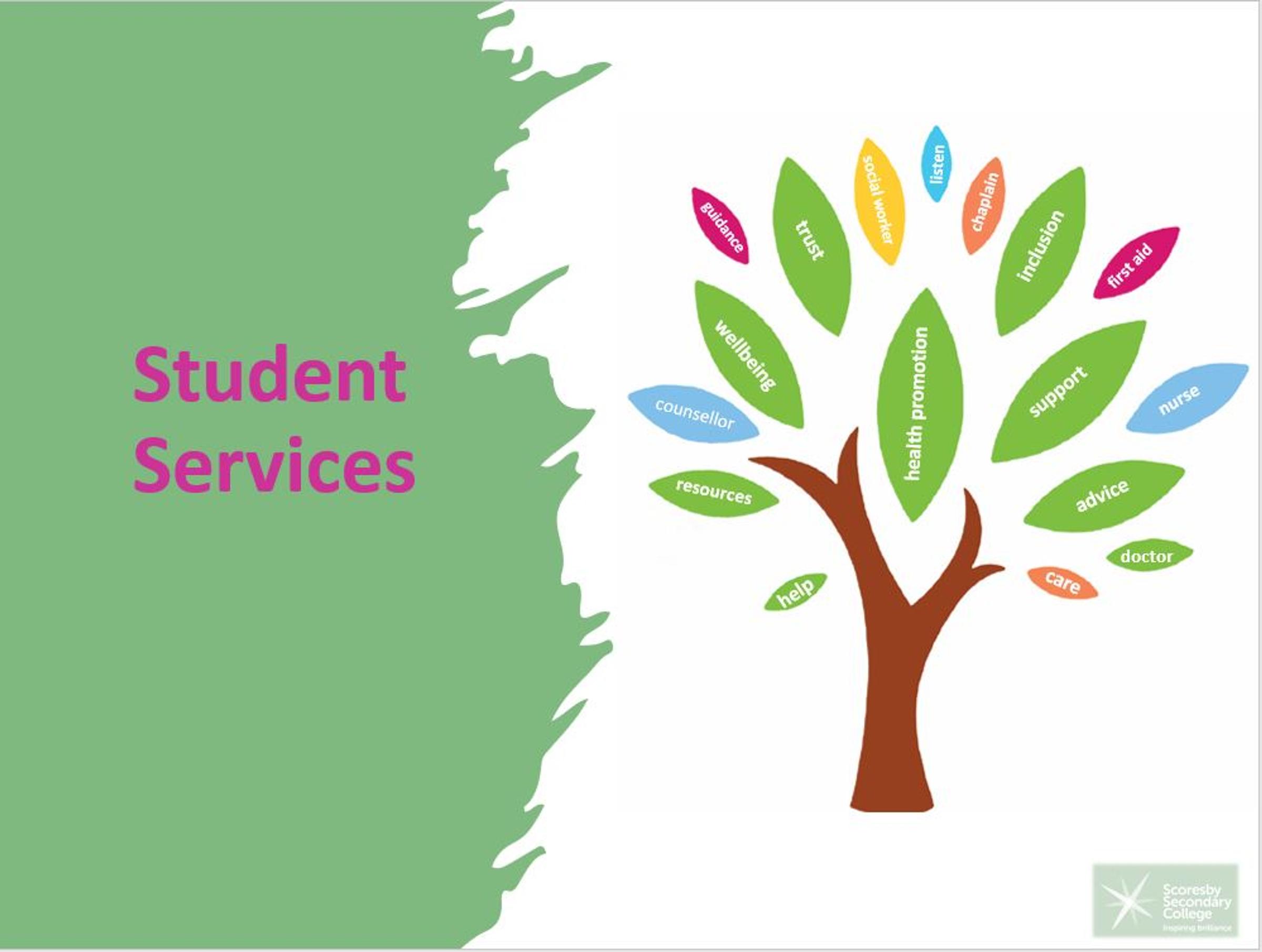Student Services

Creating Healthy Social Media Habits
Social media can have some negative impacts on teenagers, it’s like a double-edged sword.
On one hand I can help us connect with friends, find support and express ourselves. But on the other hand, it can also lead to feelings of loneliness, low self-esteem and cyber bullying.
We might compare ourselves to others based on the media we are seeing, and that can make a person feel down, and have low self-esteem.
To avoid this, we have put together some tips on how to have healthy online habits:
- Take digital breaks.
- Set screen time limits on your phone & within your apps.
- Think about unfollowing or selecting “not interested” on content that provokes low self-esteem or spreads misinformation .
- Google some good accounts to follow that include positive content.
- Fact check what you see – sometimes what you see on TikTok/Snapchat/Insta isn’t the whole truth.
- Think before you post. Ask yourself the following questions- Is it true? Is it kind? Would I say it in person? Is it helpful or useful? Will I feel good about it tomorrow? if you answer “no” to any of these, think of holding off.
If you have any concerns about the content you have seen online, or any negative impacts social media has on your mental health - we encourage you to speak with a trusted adult, such as a parent, carer, teacher or wellbeing staff member.
Mrs Louise West
Mrs Tahlia Pastor
Ms Alicia Alpuim
The Wellbeing Team
Staying active and the benefits of exercise
The Australian Government Department of health physical activity guidelines, outlines the importance for children and young people to live an active lifestyle, with a daily balance of physical activities to support their healthy development.
There are so many benefits to staying active.
- Helps you sleep better
- Raises your energy levels
- Improves your physical and mental health
- Improves your confidence
- Boost your mood.
- Releases stress and lower anxiety .
- Healthy growth and development .
- Chance to have fun with friends and family
- And many more!
Tips to get active:
- Start small. Set small goals, so you are more likely to do them and help you feel more motivated.
- Keep track. Monitor your progress and track how you feel after exercise. This will help you see connections between how moving more helps you feel better.
- Do what you enjoy. Whether you enjoy working hard, for short periods of time, or prefer swimming at the beach or walking your dog, do what feels good. It will be a lot easier to stick to if you’re having fun!
- Make the time (even when you’re busy). When you’re busy and stressed, exercise can be the first thing you stop. Yet being active during busy times will actually help you through tough periods.
- Set a routine. Plan ahead and make physical activity a part of your routine. Things like having workout gear ready the night before and setting an alarm can help you stick to your goals.
Mrs Jo Morkham
Nurse Doctors in Secondary Schools (DISS)

